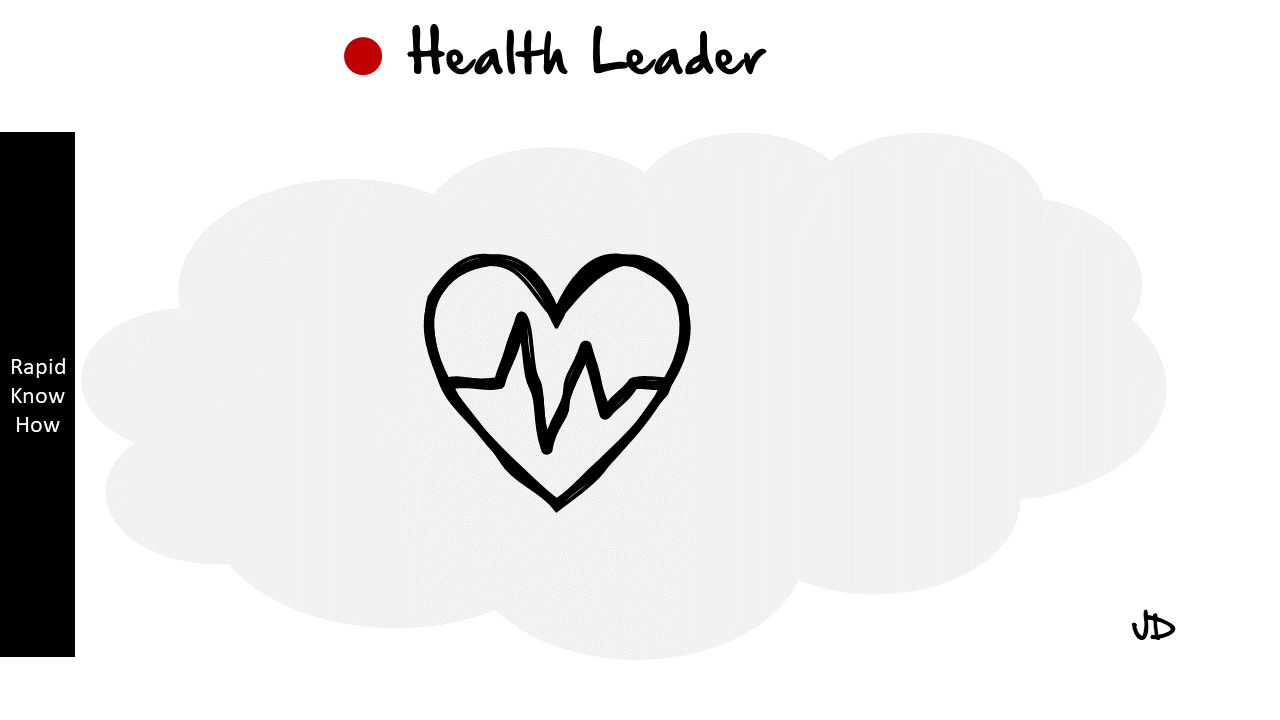1. Personalized Health Assessments: One strategic opportunity for a self-preventive health program is to offer personalized health assessments to individuals. By utilizing advanced technologies such as wearable devices, genetic testing, and health monitoring apps, businesses can provide individuals with comprehensive health assessments. These assessments can include information on their current health status, risk factors for various diseases, and personalized recommendations for preventive measures. By offering personalized health assessments, businesses can empower individuals to take control of their health and make informed decisions about their well-being.
2. Health Education and Awareness: Another strategic opportunity is to focus on health education and awareness. Businesses can develop educational materials, workshops, and online resources to educate individuals about preventive health measures. This can include information on healthy eating, exercise, stress management, and disease prevention. By increasing awareness and knowledge about preventive health, businesses can empower individuals to make positive lifestyle changes and reduce their risk of developing chronic diseases.
3. Remote Health Monitoring: With the advancement of telemedicine and remote monitoring technologies, businesses can leverage these tools to offer remote health monitoring services. This can include monitoring vital signs, tracking medication adherence, and providing real-time feedback and support to individuals. By offering remote health monitoring, businesses can help individuals stay on track with their preventive health measures and provide early intervention when necessary. This can be particularly beneficial for individuals with chronic conditions or those who require regular monitoring.
To succeed in a self-preventive health program, businesses should focus on providing personalized and tailored services, utilizing advanced technologies for health assessments and monitoring, and emphasizing the importance of health education and awareness. Additionally, building strong partnerships with healthcare professionals and leveraging their expertise can help businesses provide comprehensive and evidence-based preventive health services.
